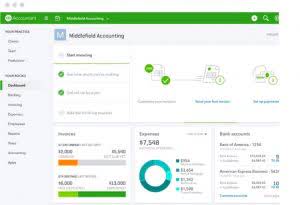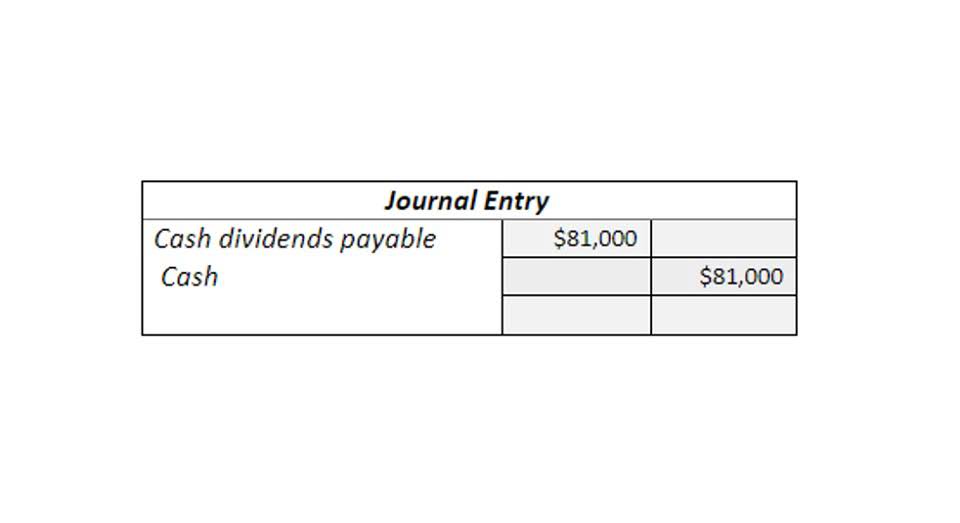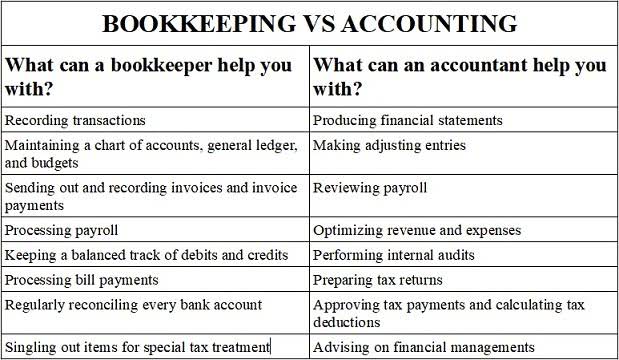
Creditors may question your financial stability and stop shipping parts or providing services. Pauses in the work flow lower productivity, especially in the parts and service departments. One final step in closing the month is calculating employee bonuses that are based on monthly results. Rewarding employees based on their department’s activities will motivate them to improve their department’s results. However, these expenses should be calculated and accrued in the same accounting month that the bonus is based on.

Quarterbacking Your Deals: The Strategic Advantage of eContracting

Reconciliation enhances financial accuracy, uncovers potential issues, and ensures compliance. Car dealerships must adeptly manage the financials surrounding new and used vehicle sales and service income. This process includes recognizing revenue at the correct time (upon sale completion rather than at initial booking) and ensuring all financial data aligns with business standards and regulatory requirements.
Common Deficiencies in Dealership Accounting Departments
The monthly financial operating statement should summarize unit sales by class, brand, manufacturer, or model. Built-in messaging and notification features can alert relevant team members when action is needed, while maintaining a complete audit trail of all communications. When month-end close drags on, it can affect everything from board reporting to strategic planning. The problem becomes even more complex when payments require multiple approvals or when there’s uncertainty car dealership accounting about who needs to approve specific types of payments. This helps maintain strong vendor relationships while avoiding late fees and taking advantage of early payment discounts when available.
Automated Receipt Collection and Reconciliation
- Reconciliations, such as comparing bank statements or inventory counts to financial records, ensure accuracy and consistency across accounts.
- Embracing comprehensive accounting practices positions dealerships for long-term growth and profitability in an ever-evolving industry.
- In other words, the greatest threat to your profitability in the accounting department stems from money going out the door under the radar, either from inefficiency or lack of accountability.
- The variance between the pad and the general ledger should be under 5% of the inventory.
- This process includes recognizing revenue at the correct time (upon sale completion rather than at initial booking) and ensuring all financial data aligns with business standards and regulatory requirements.
It enables better decision-making by providing a comprehensive trial balance view of the dealership’s financial health, including outstanding receivables, payables, and inventory value. Fortunately, as common as these issues are in dealership accounting, all of them are both fixable and preventable. It is possible to staunch the flow of money going out the door, but it starts with you deciding to make accountability, accuracy, and efficiency some of your business’s top priorities going forward. Segregation of duties is a key control, ensuring no single individual has complete control over a financial transaction. Regular audits, both internal and external, add scrutiny to detect discrepancies and improve processes.

Accurate sales tracking helps forecast future sales and understand consumer demand patterns. Given the dealership model, where a single transaction might involve trade-ins, financing, and warranties, this area requires meticulous detail to prevent discrepancies in automotive accounting services. When expenses are incorrectly categorized, it can lead to inaccurate financial statements, flawed business insights, and even a failure to comply with tax laws. For example, categorizing a capital expense as an operational expense (or vice versa) can significantly impact your company’s financial statements and tax calculations.

A well-structured chart of accounts (COA) is vital for auto dealerships, serving as the backbone of their financial reporting system. This listing of all accounts used in the general ledger allows dealerships to categorize and track financial transactions. The COA typically includes accounts for assets, liabilities, equity, revenues, and expenses, each tailored to reflect dealership operations. For instance, asset accounts might include inventory categories such as new vehicles, used vehicles, and parts, while liability accounts could track floor plan notes payable and customer deposits. One of the most important steps in car dealership accounting is reconciling the trial balance at month-end. It includes reviewing the general ledger accounts that flow to the dealer factory financial statements and ensuring each has an accompanying reconciliation, schedule, or statement.
- Creating standardized expense categories and implementing automated expense management software can help ensure consistent classification.
- Inventory management in car dealerships involves managing a highly valuable and diverse inventory with different characteristics and depreciation rates.
- Financial automation platforms can create and maintain complete audit trails automatically by tracking every step in your financial processes.
- Virtual cards can provide even more control by letting you set strict spending limits for specific vendors or expense categories.
- Car dealerships must adeptly manage the financials surrounding new and used vehicle sales and service income.
- During that time frame, she issued nearly 30 fake checks and nearly 70 unauthorized EFTs while accruing more than $30,000 in personal credit charges and reimbursements.
Reviewing the sales and cost of general ledger account details will help you detect unusual postings that exceed your expectations. Inventory affects various facets of dealership accounting, including financial reporting, cost control, and cash flow management. Dealerships must carefully track inventory levels, value inventory accurately, and employ appropriate costing methods to determine the cost of goods sold. Dealerships must comply with various laws and regulations, such as tax laws Bookstime and industry-specific regulations.

The engagement isn’t about finding what’s wrong, it’s finding ways to enhance the practices to prevent potential future problems. Book a test drive with AutoRaptor to see how our simple dealership CRM software can help you close more deals effectively. That’s understandable since the bulk of the work done here doesn’t typically directly generate revenue.